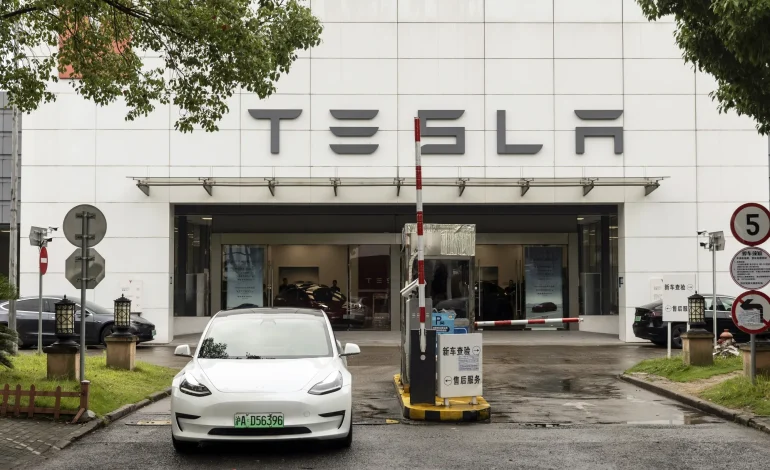Tesla Inc. is initiating a significant software update for some 1.2 million vehicles in China, roughly half of its fleet in the country, to address potential safety concerns related to power steering and rear-view camera malfunctions, Bloomberg reports.
The recall highlights the growing pressure on the electric vehicle giant in the world’s largest auto market.
The State Administration for Market Regulation (SAMR) announced Friday that a software glitch could cause the electronic power steering system to fail in certain Tesla models. This issue impacts 871,087 domestically produced Model 3 and Model Y vehicles. Separately, a potential malfunction with the rear-view cameras could impair driver visibility while reversing, increasing the risk of collisions. This affects an additional 335,716 cars, including a mix of imported Model S and Model X vehicles and domestically produced Model 3 and Model Y models.
Tesla will deploy over-the-air software updates to address both issues. Owners whose vehicles cannot receive the update remotely will be contacted for free replacements, according to the SAMR statement. This recall follows a similar action in the US earlier this month involving around 240,000 vehicles.
As of the end of 2024, Tesla has sold some 2.3 million cars in China, according to the China Automotive Technology and Research Center. However, the company is facing increased competition from local EV manufacturers like BYD Co. These Chinese competitors are rapidly innovating, offering compelling alternatives across various price points.
Tesla recently recorded its first annual decline in worldwide vehicle deliveries in over a decade. In 2024, it narrowly retained its title as the top seller of fully electric cars, edging out BYD. The company also experienced the first-ever drop in annual shipments from its Shanghai plant since production began in 2020.
Furthermore, Tesla’s market share in China is shrinking. Data compiled by Bloomberg Intelligence indicates that Tesla accounted for about 10.6% of total battery EV retail sales in China last year, a significant decline from nearly 16% in 2020.
In a separate recall announcement on Friday, Xiaomi Corp. recalled 30,931 SU7 electric sedans produced between February and November last year. This recall is due to a software issue with the intelligent parking feature that poses a potential safety risk.










The latest news in your social feeds
Subscribe to our social media platforms to stay tuned